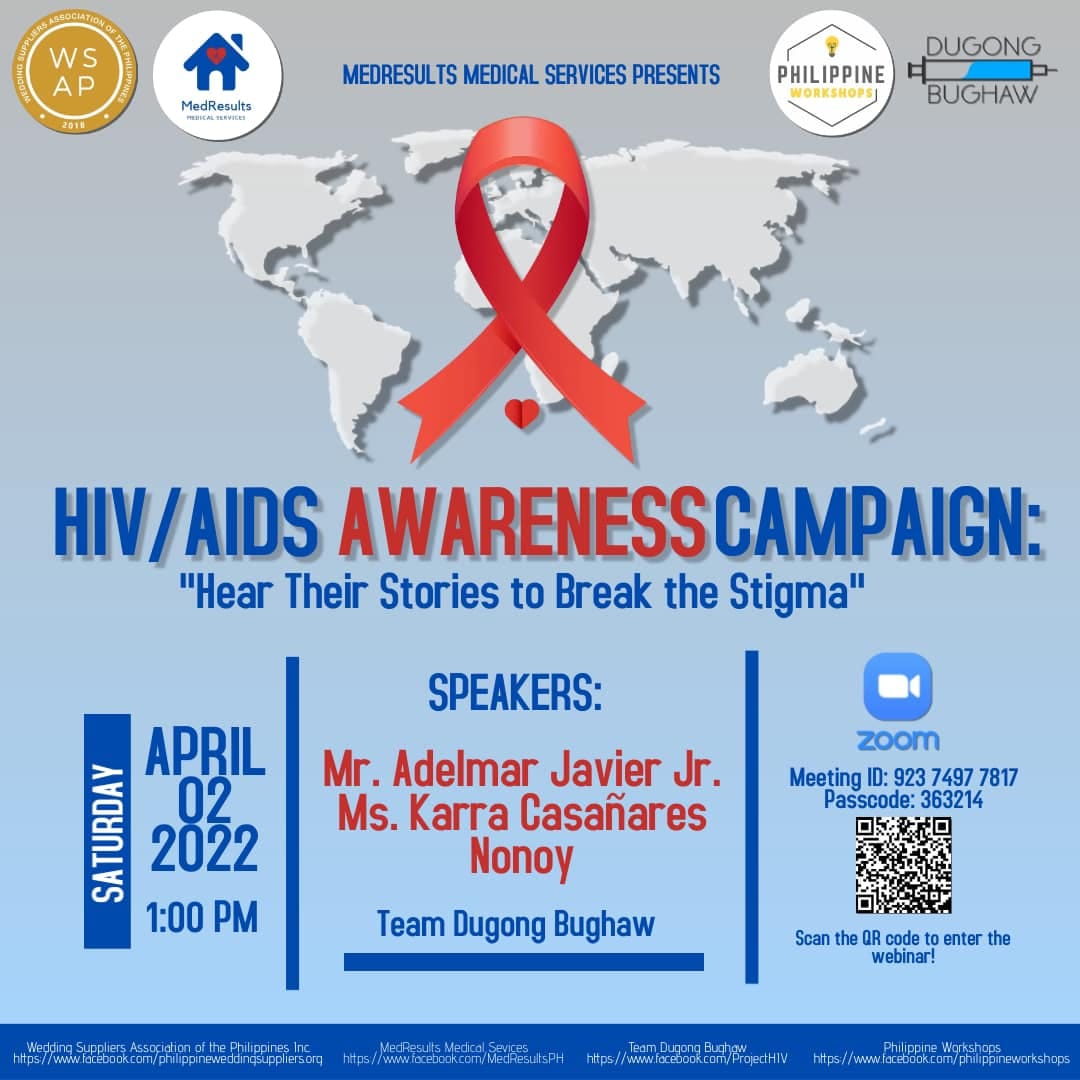Norovirus, often referred to as the “winter vomiting bug,” is a highly contagious virus that causes gastroenteritis, an inflammation of the stomach and intestines. It is known for its rapid spread and can affect individuals of all ages. The virus is primarily transmitted through the fecal-oral route, which can occur when contaminated food or water is ingested, or when an infected person comes into contact with surfaces or objects that have been contaminated. Symptoms typically appear 12 to 48 hours after exposure and can include severe vomiting, diarrhea, stomach cramps, and nausea. In most cases, the illness is self-limiting, lasting between one to three days, but it can lead to dehydration, particularly in vulnerable populations such as the elderly and young children.
In New Jersey, health officials have reported an increase in norovirus outbreaks in recent months. These outbreaks have raised concerns among public health authorities, as the virus can spread rapidly in crowded environments such as schools, nursing homes, and cruise ships. The New Jersey Department of Health has been actively monitoring the situation and providing guidance to prevent further transmission. They emphasize the importance of proper hygiene practices, including frequent handwashing with soap and water, especially after using the restroom or before preparing food.
The recent uptick in norovirus cases in New Jersey can be attributed to several factors. Seasonal patterns often influence the prevalence of norovirus, with outbreaks typically peaking during the winter months. Additionally, the virus’s resilience in the environment contributes to its ability to spread. Norovirus can survive on surfaces for extended periods, making it crucial for individuals and institutions to maintain rigorous cleaning protocols. Disinfecting surfaces with appropriate cleaning agents, particularly in communal areas, is essential to reduce the risk of transmission.
Public health officials are also focusing on educating the public about the signs and symptoms of norovirus infection. Early recognition of symptoms can help individuals seek medical attention promptly, especially if they experience severe dehydration. It is important for those infected to stay hydrated and rest, as most cases resolve without the need for medical intervention. However, in severe cases, particularly among high-risk groups, medical treatment may be necessary.
In response to the recent outbreaks, New Jersey health authorities have implemented measures to control the spread of norovirus. These measures include increased surveillance of reported cases, public awareness campaigns, and collaboration with local health departments to ensure that proper protocols are followed in affected facilities. Schools and childcare centers have been particularly proactive in reinforcing hygiene practices among students and staff to minimize the risk of outbreaks.
The impact of norovirus extends beyond individual health concerns; it also poses challenges for healthcare systems and public health resources. Outbreaks can lead to increased hospital visits and strain on healthcare facilities, particularly during peak seasons. Therefore, it is crucial for communities to remain vigilant and proactive in their efforts to prevent the spread of norovirus.
As of the latest reports, New Jersey has experienced a notable number of norovirus outbreaks this season. Health officials continue to monitor the situation closely, providing updates and guidance to the public. It is essential for residents to stay informed about the current status of norovirus in their communities and to adhere to recommended preventive measures.
In conclusion, norovirus is a highly contagious virus that can lead to significant health issues, particularly during outbreak situations. The recent increase in cases in New Jersey highlights the importance of public health awareness and preventive measures. By practicing good hygiene, staying informed, and following health guidelines, individuals can help reduce the risk of norovirus transmission in their communities.



